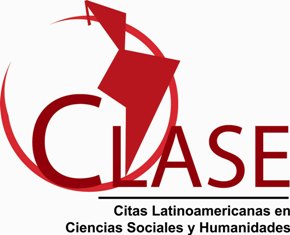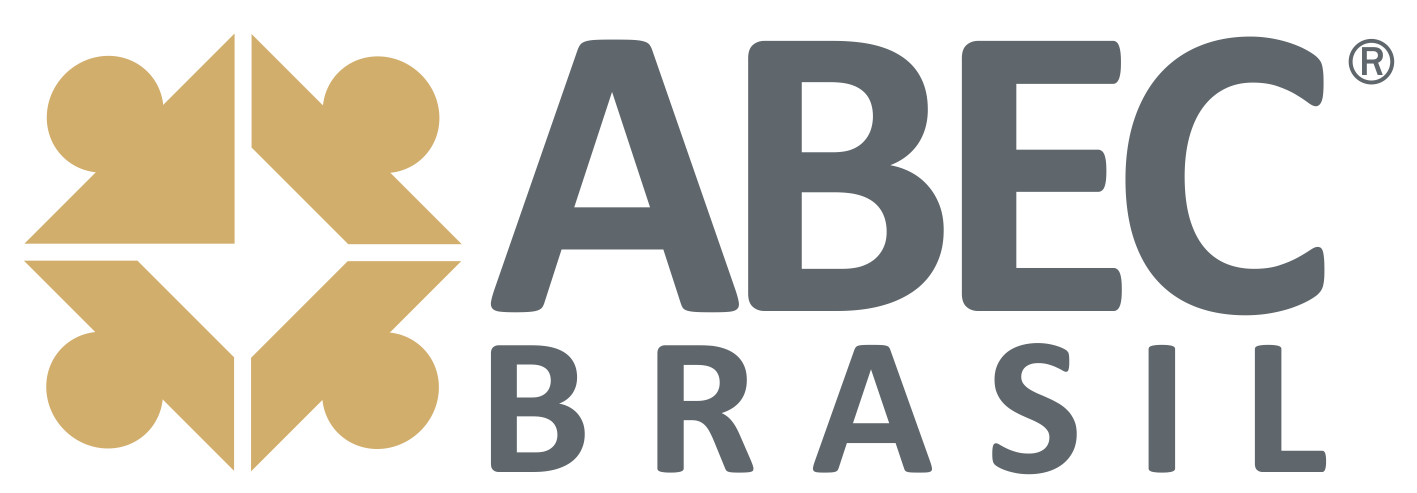Police culture and subculture: limits for the peaceful conflict resolution
DOI:
https://doi.org/10.22169/revint.v16i38.2179Abstract
ABSTRACT
This article investigates the reflexes of subcultures in police institutions, and how they limit attitudes towards community police and the peaceful resolution of conflicts. As an initial stage of the study, the scope of the police mandate and the problem of enforcement are analyzed. Then, the article analyzes the challenge of police culture and subculture, from training in the academies to the professional routine. In addition, it observes the influence of the Law and Order Movement and the Zero Tolerance Program, thus determining the maintenance of a traditional policing model, which is eminently reactive and repressive, which sometimes affects the violation of fundamental rights and guarantees. Based on these subsidies, we seek to present elements that strengthen the mechanisms of community action as an alternative to overcome these entrenched cultural processes. With a focus on the community perspective and oriented towards problem- solving, a change in the model of police action is expected to move towards a proactive approach based on peaceful conflict resolution.
Keywords: Subcultures. Community police. Peaceful conflict resolution.
Downloads
Downloads
Published
How to Cite
Issue
Section
License
Os direitos autorais dos artigos publicados na Revista são de acordo com a licença CC-BY-ND - Creative Commons ( https://creativecommons.org/licenses/by-nd/4.0/legalcode)
Esta licença permite que outras pessoas reutilizem o trabalho para qualquer finalidade, inclusive comercialmente; no entanto, não pode ser compartilhado com outras pessoas de forma adaptada e o crédito deve ser fornecido ao autor.
Os direitos autorais dos artigos publicados na Revista são do autor, com os direitos de primeira publicação para a Revista





























